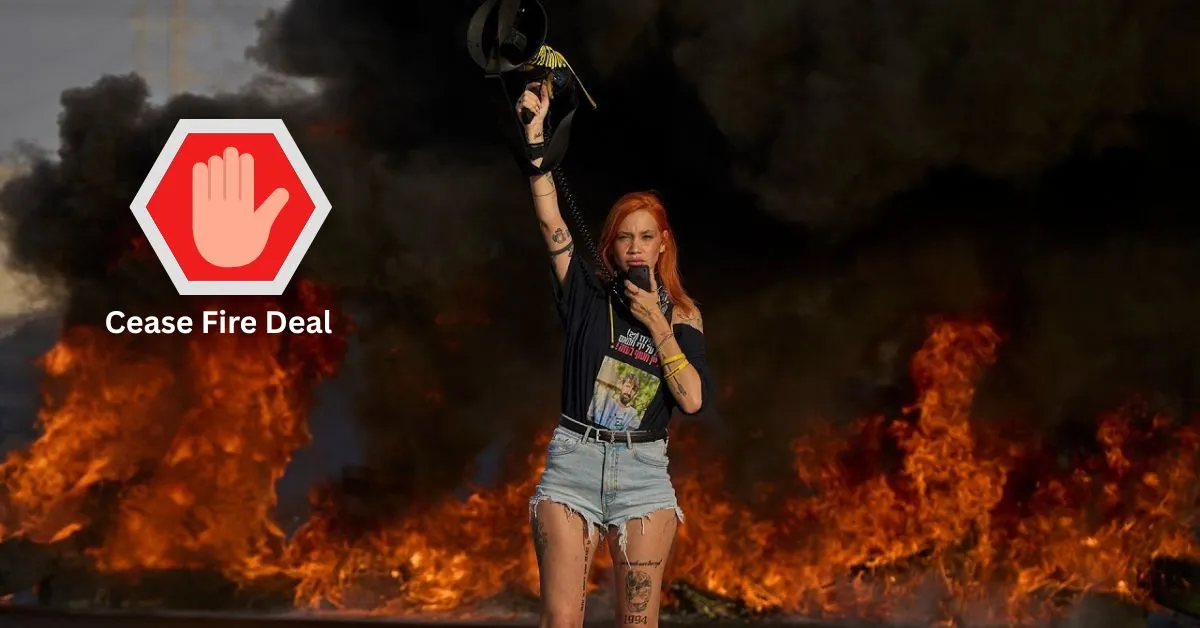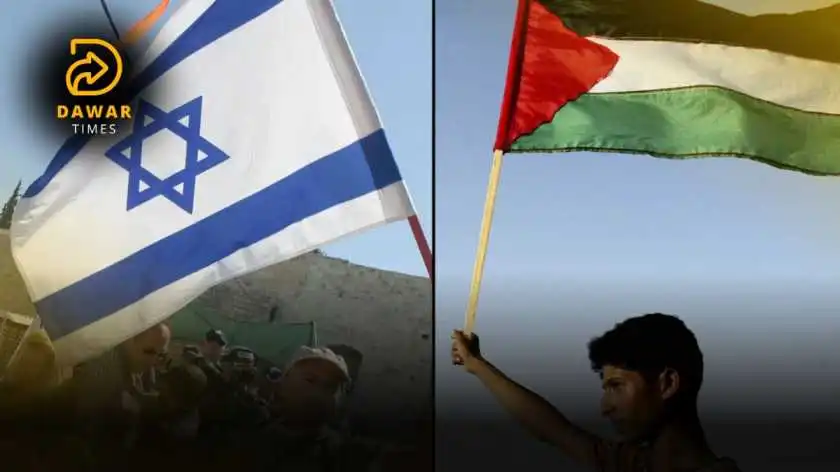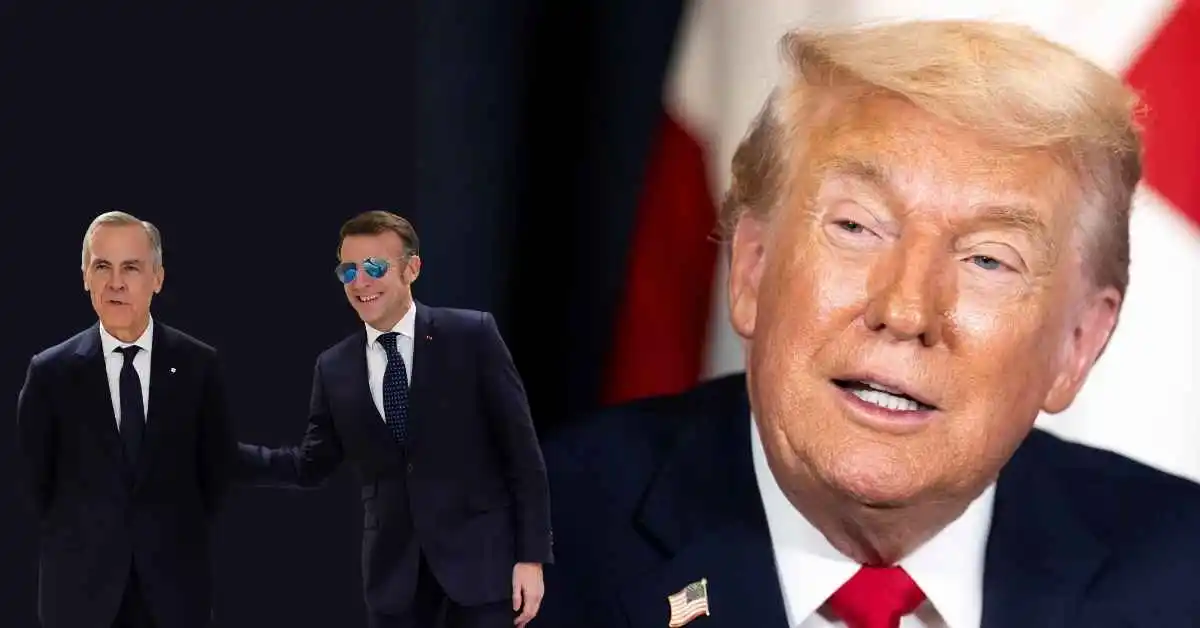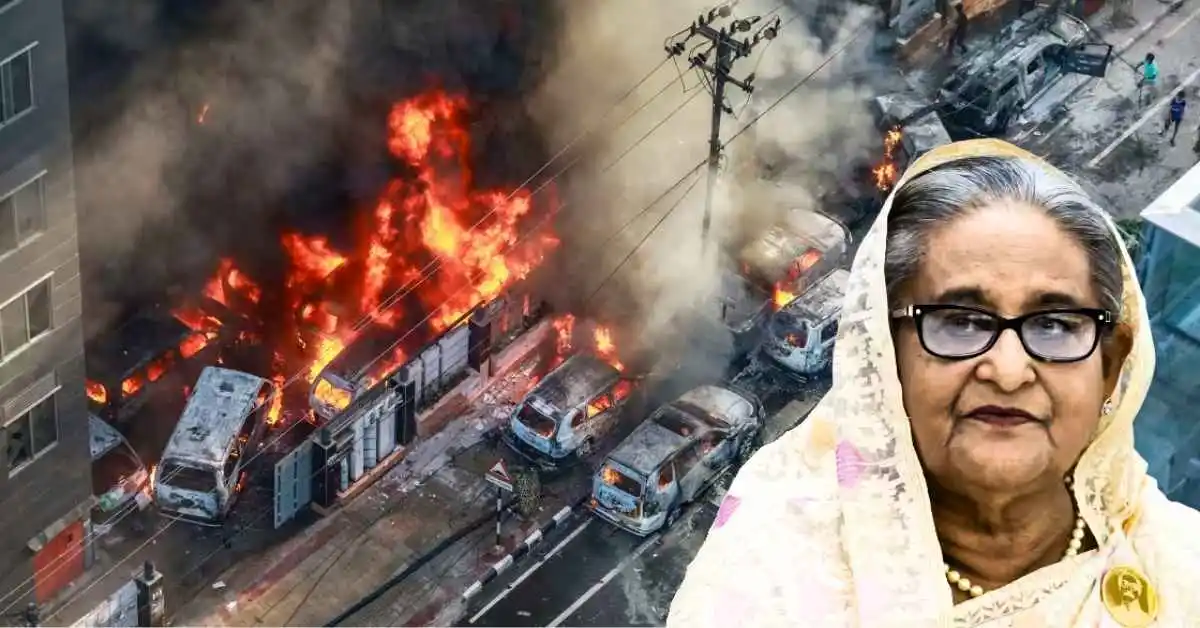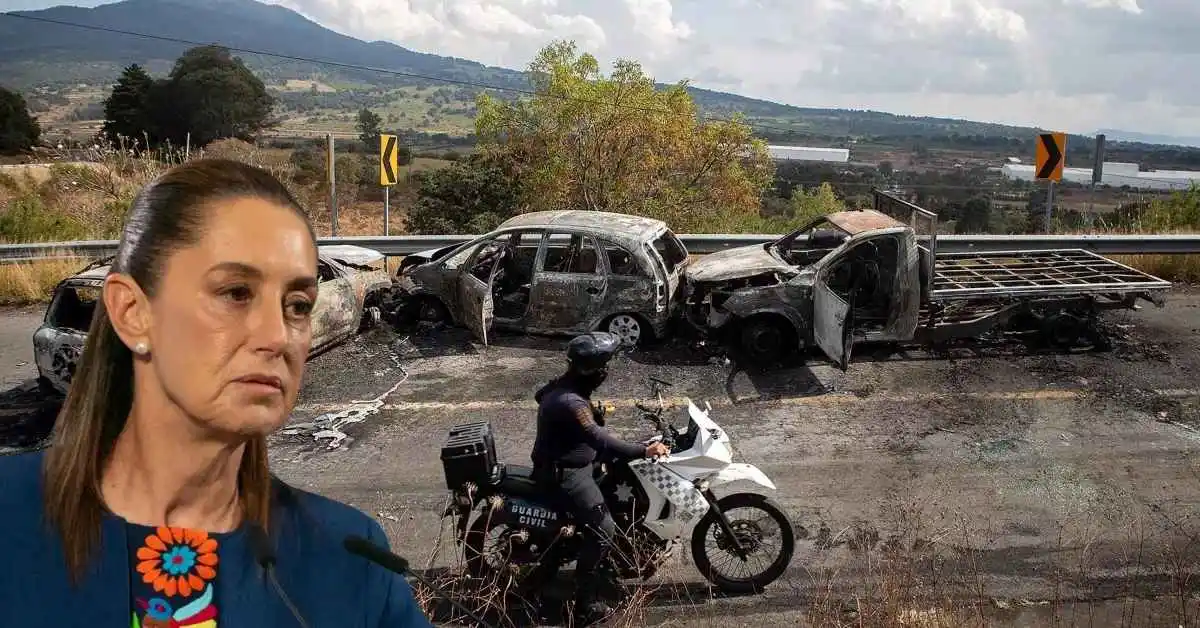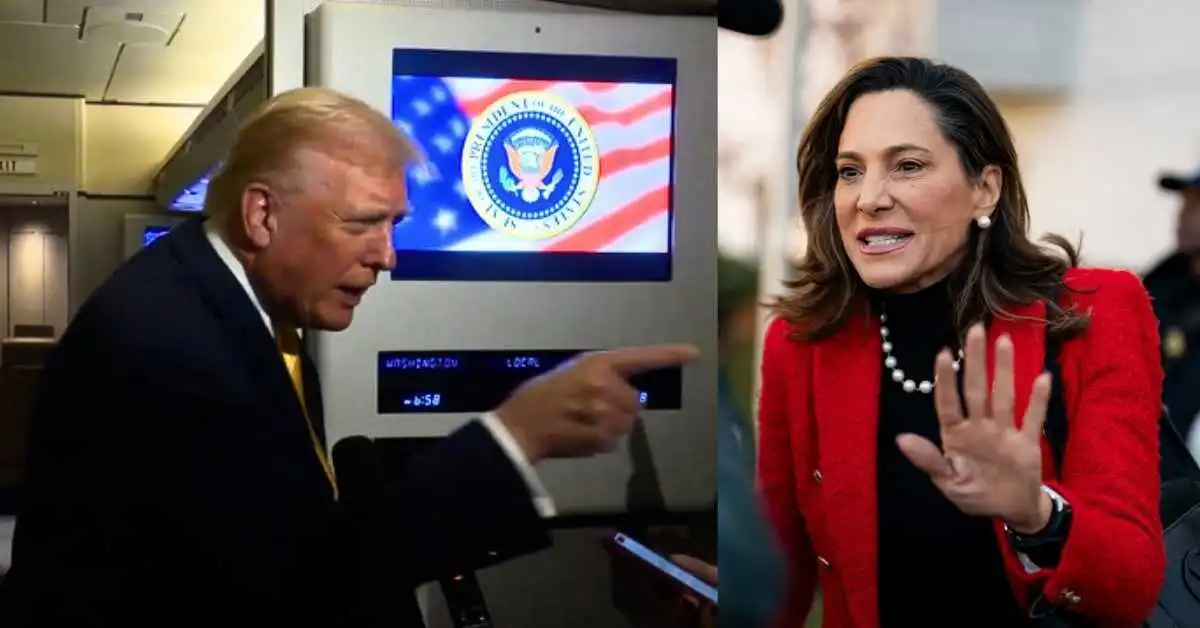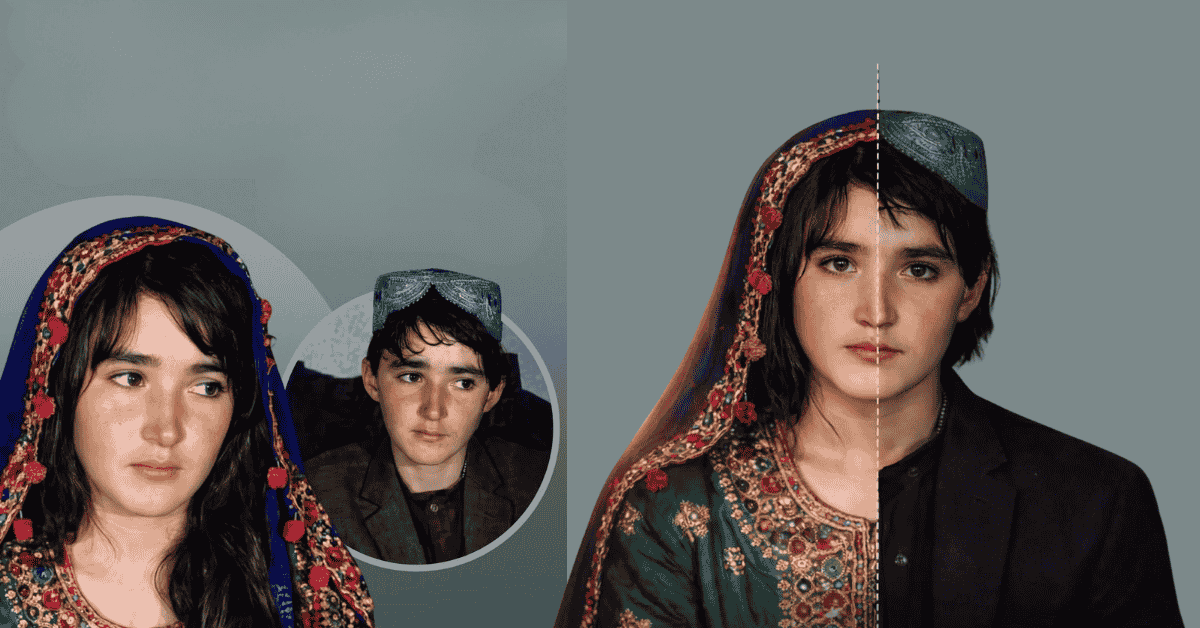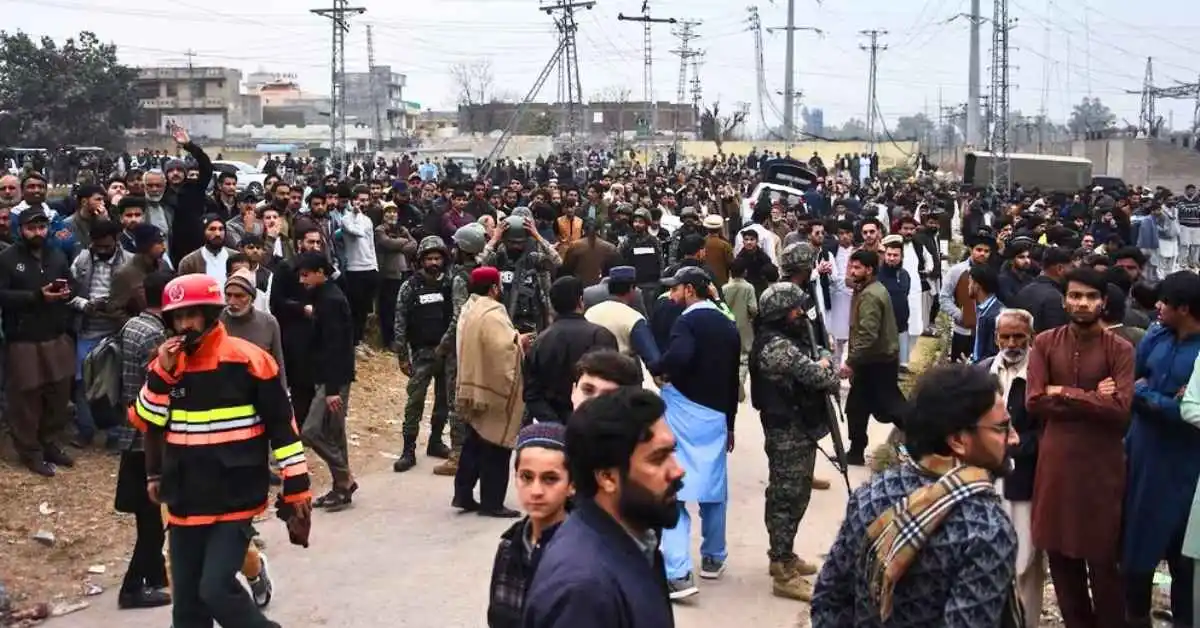Friends, just like an old vehicle that keeps breaking down no matter how many times it’s repaired, the conflict between Israel and Gaza also seems to calm for a while, only to erupt again with fresh flames of violence. Every time the world feels that peace might finally take hold, a new round of airstrikes, rockets, and bloodshed replaces that hope with grief.
But recently, a small but significant development has once again raised cautious optimism that Hamas has accepted a new ceasefire proposal mediated by Egypt and Qatar. The proposal, structured in three detailed phases, aims to end hostilities, exchange prisoners and hostages, and begin the long process of rebuilding Gaza. Yet, as of now, Israel has given no official response.
Let’s understand the entire story, not just what’s happening now, but the pain, politics, and humanity behind this fragile hope for peace.
The New Ceasefire Proposal: A Ray of Light Amid the Smoke
The proposal currently being discussed was jointly presented by Egypt and Qatar, two countries that have long acted as mediators in the Gaza conflict. According to the plan, the truce will take place in three distinct phases, each dependent on the success of the one before it.
Majed al-Ansari, spokesperson for Qatar’s Foreign Ministry, said,
“We are in contact with all parties, but there has been no official response from Israel no acceptance, no rejection, and no alternative proposal.”
This short statement sums up the frustrating pattern of this conflict: a world waiting for Israel to respond, for Hamas to hold its word, and for civilians to finally breathe without fear.
Phase One: A Pause to Heal
In the first phase, the plan proposes a 60-day ceasefire, the most extended uninterrupted break in fighting since October 2023. During this time:
- The Israeli army will withdraw from several parts of Gaza.
- Humanitarian aid will be allowed to enter freely.
- Hamas will release half of the 50 Israeli hostages it currently holds.
- In return, Israel will release a group of Palestinian prisoners.
- Displaced Palestinian families will begin returning to what remains of their homes.
For many in Gaza, this phase represents not just a political pause, but a moment to bury their dead, find lost relatives, and simply sleep without the sound of drones.
Phase Two: The Promise of Permanence
The second phase of the plan is more ambitious: a permanent ceasefire. Under this stage:
- All remaining Israeli hostages will be freed.
- Hundreds of additional Palestinian prisoners will be released.
- Israeli troops will completely withdraw from Gaza.
If this phase succeeds, it will mark the first time in decades that both sides officially agree to stop fighting without preconditions. For ordinary people, that could mean reopening schools, rebuilding hospitals, and restarting everyday life, something that has seemed almost unimaginable after years of war.
Phase Three: Rebuilding a Broken Land
The final phase involves the exchange of bodies of deceased hostages and the reconstruction of Gaza. International donors and humanitarian agencies will step in to repair critical infrastructure, such as electricity, water supply, hospitals, and schools.
But more than just concrete and steel, this stage is about rebuilding trust and dignity, something bombs have destroyed far more deeply than buildings.
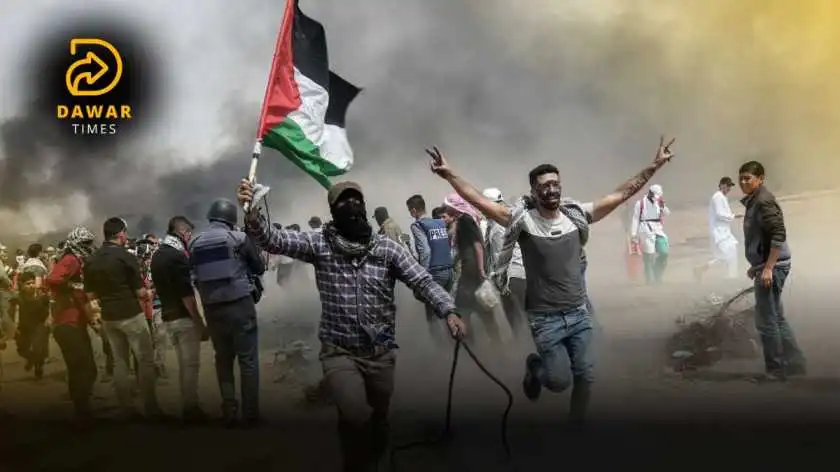
In March 2025, after a short truce, Israel resumed its airstrikes on Gaza. The reason? Israel accused Hamas of delaying hostage releases and violating the terms of the agreement. Hamas, on the other hand, along with several international observers, claimed Israel broke the truce first, continuing military raids and blocking essential humanitarian aid.
This blame game is nothing new. Every ceasefire in recent memory has collapsed under mistrust. Both sides accuse the other of bad faith, and the victims are always the same innocent civilians caught in the middle.
Inside the Ceasefire Proposal: A Quick Breakdown
| Phase | Duration | Key Actions |
|---|---|---|
| First Phase | 42–60 days | Release of 33 hostages, partial Israeli withdrawal, increased aid |
| Second Phase | 42 days | Permanent ceasefire, release of remaining hostages, complete withdrawal |
| Third Phase | Ongoing | Exchange of deceased hostages’ bodies, start of Gaza’s reconstruction |
These are the lines on paper. But behind every word lies the weight of human suffering, children orphaned, cities flattened, and futures shattered.
So, why hasn’t Israel responded?
According to insiders in the Israeli government, Prime Minister Benjamin Netanyahu faces heavy internal pressure. The Trump administration, which returned to power in 2025, reportedly wants Israel to negotiate a comprehensive deal, not a phased one.
Meanwhile, Netanyahu’s own right-wing coalition partners are fiercely opposing any agreement. Some demand the complete military defeat of Hamas, even if it means months more of bloodshed.
For Netanyahu, it’s a tightrope walk between global diplomatic pressure and domestic political survival.
The Human Side Voices from the Streets
In Israel, the families of hostages have become a powerful force. Thousands have marched through Tel Aviv, Jerusalem, and Haifa, demanding that the government take the deal and bring their loved ones home.
One protester said tearfully,
“Our government should have one and only one job to end this war and bring the hostages home.”
These protests have struck an emotional chord even among Israelis who once supported the war. Many now feel that the endless bombings have achieved little beyond deepening wounds on both sides.
In Gaza, the humanitarian situation is catastrophic. More than 30,000 people have been killed, and millions displaced. Hospitals run without electricity, food supplies are scarce, and the once-bustling coastal city now lies in ruins.
Even as Hamas claims to have accepted the ceasefire terms, ordinary Gazans remain skeptical. “We’ve heard about ceasefires before,” one local teacher said. “They always break, and when they do, the bombs come back even harder.”
The United Nations, European Union, and Arab League have all urged Israel to accept the proposal. The United States remains divided while diplomats quietly encourage talks, Washington publicly emphasizes Israel’s “right to self-defense.”
Egypt and Qatar continue to act as middlemen, shuttling messages between Hamas and Israeli officials, hoping to prevent another breakdown like those of the past.
This isn’t the first attempt at peace. Since the Oslo Accords of 1993, dozens of truces, deals, and international summits have promised stability, and all have eventually collapsed.
The root cause remains unchanged: deep mistrust, political opportunism, and human pain used as leverage. For both sides, every step forward seems followed by two steps back.
Between Politics and Humanity
Friends, think of it this way: you can repair a vehicle’s engine, but if the fuel is contaminated, it will always break down again. The same applies here. No ceasefire can hold until both sides change what drives them: anger, fear, and revenge.
For Hamas, survival and legitimacy are at stake. For Israel, national security and domestic politics take precedence. And for the people of Gaza, the mothers, children, and the elderly, survival itself has become the only goal.
The question now is whether this ceasefire proposal will finally bring a lasting peace or just another temporary pause before the next round of destruction.
For the first time in months, Hamas has shown flexibility, but Israel’s hesitation shows how difficult it is to balance political ambition with humanitarian need. International mediators are still working tirelessly, but without mutual trust, progress remains fragile.
A senior Egyptian diplomat recently said,
“Every war ends in negotiations. The only question is how many must die before that happens?”
Until both sides realize that war cannot bring security or justice, Gaza will remain trapped between rubble and rhetoric.
Despite the despair, there remains a flicker of hope. Every time a child laughs again in Gaza, every time a family in Israel prays for peace instead of revenge, humanity wins a small victory.
This conflict has seen countless ceasefires and countless betrayals, but history teaches one undeniable truth: no war can last forever. Sooner or later, even the most bitter enemies must sit across the same table and talk.
And maybe, just maybe, this time the world won’t look away.
